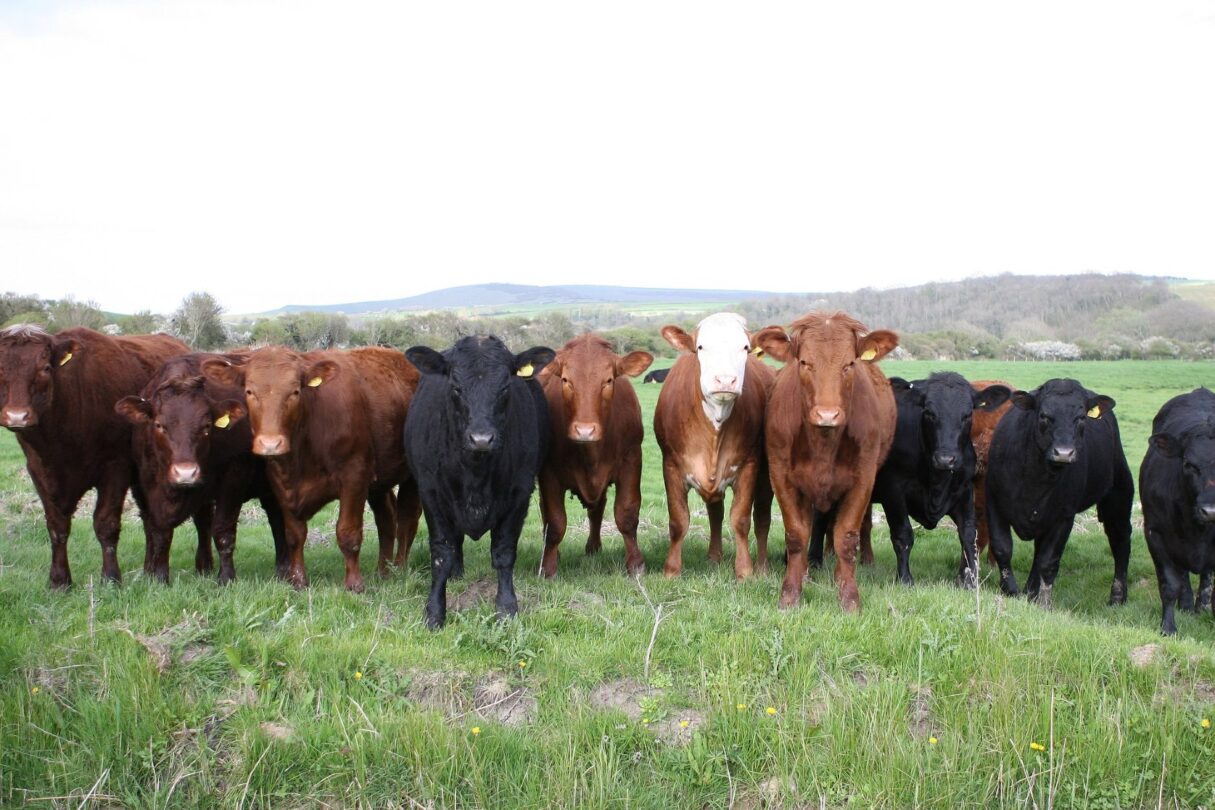Money Matters
9 things to consider when managing farm operations and accounts
As a farmer your income depends on plants and livestock that live and grow, giving […]

As a farmer, understanding how to manage your farm operations and accounts is important. If you are able to run a tight ship you can benefit from a more productive farm, allowing you to leave a strong legacy for the future.
And this is on top of the fact that your income depends on plants and livestock that live and grow. You’ll need to take into account the crops, chemicals, machinery and land, as well as staff and supplies.
What to consider when managing your farm operations
This article covers what you need to do to maintain well managed farm operations so you keep on top of the numbers while maintaining the upkeep and requirements of your business.
1. Land
Land is what your business is built on and around. Whether you are growing crops or using your land for pasture, you need to take care of it accordingly.
Well managed finances and farm planning will help you plan for pest and weed control and manage field rotation each year. You should also take into account any obligations you have towards animal and wildlife conservation.
Managing arable land can be done in a number of ways and having a well thought out crop strategy will allow you to maximise yields.
Adequate planning means you will know the right varieties to buy, the correct time to drill your seeds and when to spray fertilisers. You’ll be prepared for bad weather and can organise your harvest.
All of this is a balancing act as you will need to budget for chemicals and equipment at the right time to keep your cash flow healthy.
The ADHB blog is a useful resource to keep track of diseases and learn about best practice.
2. Livestock
Breeding livestock is a lengthy process and you will want to safeguard your livestock throughout this time, as well as adhering to legal regulations.
You will need to maintain good herd records, which will allow you to monitor herd health, performance, fertility, growth and continuity. If you are running a dairy farm, you will also need to manage the health of your cows to help maximise profits and ensure quality supply.
There are different regulations for welfare, disease protection and transport depending on the type of animals you are raising – poultry, pig, sheep, cattle, game. Read the welfare guides for each species on the Gov.uk website.
3. Chemicals
The use of chemicals is often changing, either with new restrictions on use or new developments from crop protection companies. Staying up to date with the newest innovations and legislation will help you manage your land and crops efficiently, as well as making sure you make the right purchasing decisions.
Keeping up with diseases is also important, particularly in arable farming; you should monitor your plants and instances of disease in the area to plan your chemical usage. It pays to keep in regular contact with your agronomist. Farmers Weekly Crop Watch is a useful agronomy resource.
You will also need to consider the safe use of chemicals when running your farm, ensuring you store and use them correctly to protect yourself and your staff.
4. Machinery and depreciation
Make the best investment decisions for plant or machinery with careful planning and use of accounting reports. The annual investment allowance (AIA) for expenditure on plant or machinery has been increased from £200,000 to £1m a year from 1 January 2019 to 31 December 2020.
The AIA is the amount a business is permitted to spend on assets to maintain their business at a zero rate of tax – this would typically include processing machinery, tractors, combines and other vehicles.
Depreciation is an important factor to consider as the value of your assets affects your tax bill.
Use accounting software to keep track of what you buy and the amount at which machinery you have depreciates each year. As well as tractors, vehicles, plant equipment and machinery, you should also account for depreciation against computers and associated technology.
5. Staff and apprentices
Farming is seasonal, so you will need more staff around harvest or lambing time than you would other times of the year. Having a good view of your cash flow will allow you to invest in the right staff at the right times, and provide things such as accommodation or training for seasonal staff.
Grants are available to help you train apprentices. Usually an apprentice will work on the farm for four days per week and attend agricultural college on the fifth day. Contact your local agricultural college to hire apprentices.
A free guide to managing your cash flow
Our guide is packed with expert advice to help you stay on top of your cash flow.

6. Losses
Having well-organised accounts mean you can weather losses more efficiently. Farming depends on nature so you may lose crops due to disease or weather, so it is important to offset these as they affect your income.
Being able to see where you made losses in previous years will help you plan your farming strategy too, for example seeing which crop can provide a backup if another is lost.
7. Insurance
Insurance covers everything you depend on to make a living – not limited to land, crops, livestock, machinery and staff. You should also consider public liability and environmental liability to cover against property damage or environmental contamination.
Keeping a farm running well relies upon managing risks and ensuring everyone who works on the farm is safe.
8. Accounting calendar
You are able to set your accounting date to one that suits you, and most farmers do this to coincide with the quieter periods in the year. Not many farmers would want to be doing their accounts in the midst of a harvest.
This means your accounts may not follow the usual April to April accounting calendar but you can make up your books at a time that suits you.
9. Accounting software for farmers and farms
Using good accounting software is ideal for a working farm as it allows you manage income, outgoings, assets, depreciation and taxes. You can easily collaborate with your accountant to manage deadlines and payments too.
You are also able to run powerful reports, either on-demand or set up automatically to send to you, your accountant or to your staff. And using a cloud-based solution will help too, as it’s accessible from desktop, tablet or smartphone – ideal if you find yourself in the middle of a field.
10 things to look for in small business accounting software
Using the right technology can give you the time and space to make your business a success. This guide offers 10 points to consider when looking for the right accounting software for your company.








Mine is a question. Is Sage Cloud Accounting (formerly Sage One Accounting) a good accounting package for farmers (especially small scale farmers)? I want to promote financial record keeping for SMEs especially the small scale farmers in our country.
Hi Chris,
Sage Business Cloud Accounting is designed for micro to small businesses. It enables you produce accounts and manage your stock, so it can be used for industries such as farming.
If you’d like to discuss this further you can leave your details here http://ow.ly/qIAp50zVF8G and we’ll be in touch.
Regards,
Paul
Sage UKI